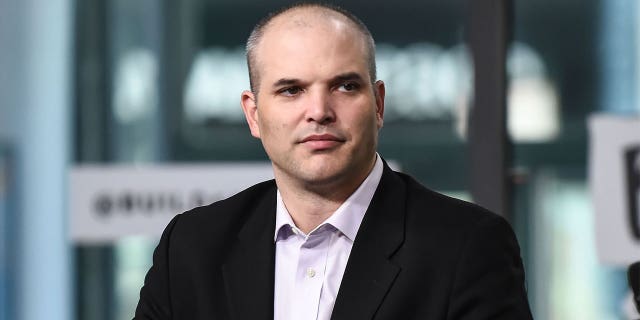The Eight Values of Expression, a list of the eight main theories that explain why freedom of speech is so valuable to Americans, truly is the hallmark of the United State's free speech guidelines in order to promote free expression for all. However, the Eight Values of Expression are not being implemented as they should be.
Take the Twitter Files, for example. Matt Taibbi, an investigative journalist investigating Twitter, discovers that files of information on users are being divulged and sold to the government. This has led to people being watched, framed, or censored by the government on account "reasonable suspicion."
Though the majority of this group are completely innocent, their prosecution by the United States government, sometimes unbeknownst to them entirely, is border-lining an infringement on multiple rights, including their first amendment right. However, when it comes to Twitter's involvement in selling users' data, they technically are legally allowed to due to their contracts of adhesion that they have users sign before making an account on the app.
A sneaky, yet legal way to entrap customers into giving up all of their censorship and content ownership without really knowing they are consenting to this is a phonemenon discussed in the censorship and journalism community; is it really legal if people do not know they are agreeing to something? Yet, at the same time, it is their responsibility to read "terms and conditions" before consenting.
When it comes to Twitter, the company is technically is not doing anything illegal. However. selling these files on their users to the government makes things more complex.
Because the state action doctrine states that "without government involvement, no constitutional claim can be made because only the government can violate your constitutional rights," allowing the first amendment to not reach private actors, it can be said that the government is interfering with the private actor (Twitter).
 It all comes down to Twitter's ability to consent or not to consent when the government asks for files or even censorship of certain individuals on Twitter's platform. Can Twitter say no and still be successful and not face consequences from the federal government?
It all comes down to Twitter's ability to consent or not to consent when the government asks for files or even censorship of certain individuals on Twitter's platform. Can Twitter say no and still be successful and not face consequences from the federal government?
When applying the Eight Values of Expression to this dilemma, whether or not Twitter has the ability to decline the government's requests, especially when it comes to user censorship, that is truly the most important fact of the matter. If Twitter is censoring on account of their own company, as a private actor, this is acceptable. However, if it is done on behalf of the government, it infringes on the eighth value in the Eight Values.
Labelled as "Protect Dissent," it states that "our system is not supposed to be one of mob rule. The First Amendment protects minority views, no matter how unpopular and a right to disagree and criticize the government." If the government is directly or indirectly pushing Twitter to censor individuals, they are directly violating the first amendment and the Eight Values of Expression.
This is what Matt Taibbi voices when writing about the Twitter files. Though his articles circulated quickly resulting in public outcry, Taibbi wasn't necessarily protected in his speech. On the day he was testifying before the Select Subcommittee on the Weaponization of the Federal Government on his research, IRS agents visited his home on account of concerns of identity fraud and suspicious tax returns.
Though this poses a possibility of being a coincidence or mistake, as Taibbi was innocent in his taxes as they were correctly done, the suspicious a- ctions of the IRS that happens to occur when he is reporting about the government's involvement in the Twitter files is truly peculiar. Though no solidified answer has been found on account of direct government involvement in Twitter's censorship and prosecution of various individuals on account of reasonable suspicion, it is obvious that there are ties between the government and censorship issues that must be looked into in order to protect Americans' first amendment rights.
ctions of the IRS that happens to occur when he is reporting about the government's involvement in the Twitter files is truly peculiar. Though no solidified answer has been found on account of direct government involvement in Twitter's censorship and prosecution of various individuals on account of reasonable suspicion, it is obvious that there are ties between the government and censorship issues that must be looked into in order to protect Americans' first amendment rights.
No comments:
Post a Comment